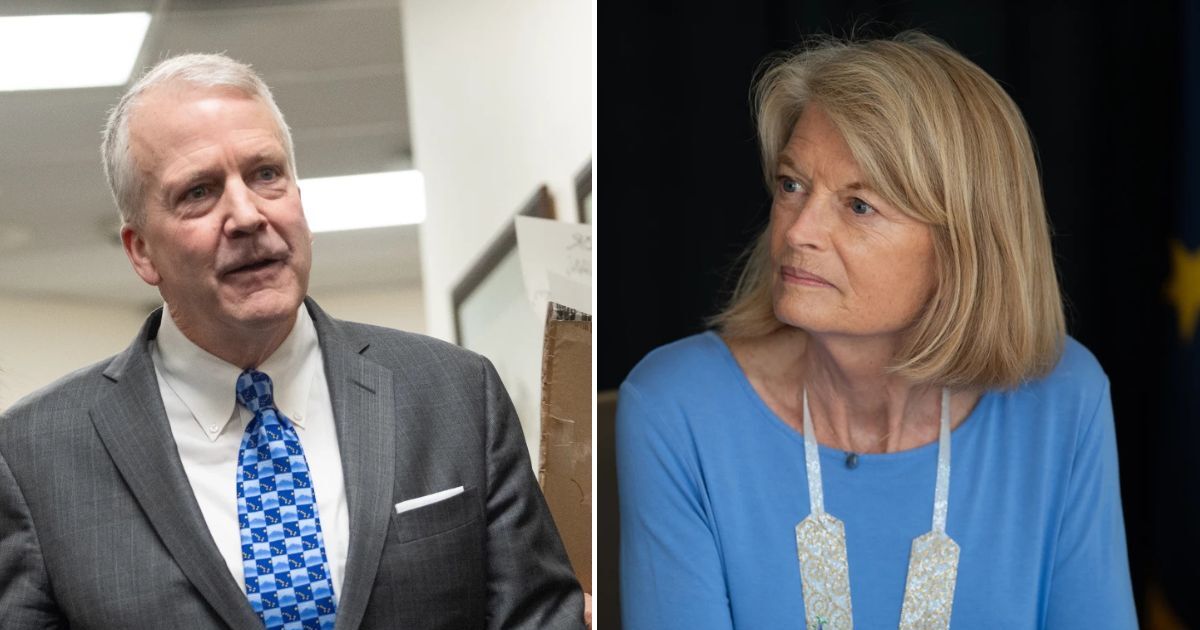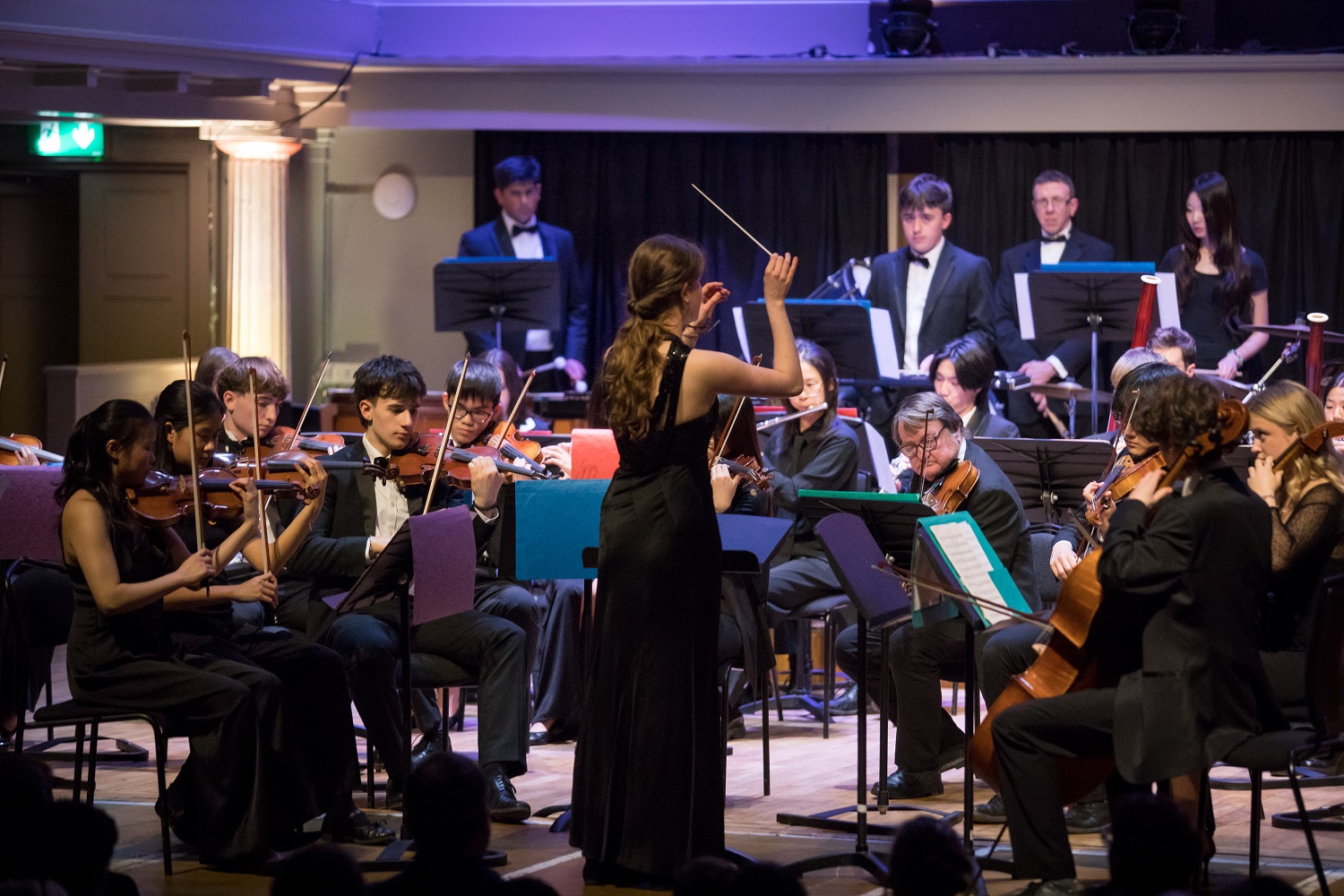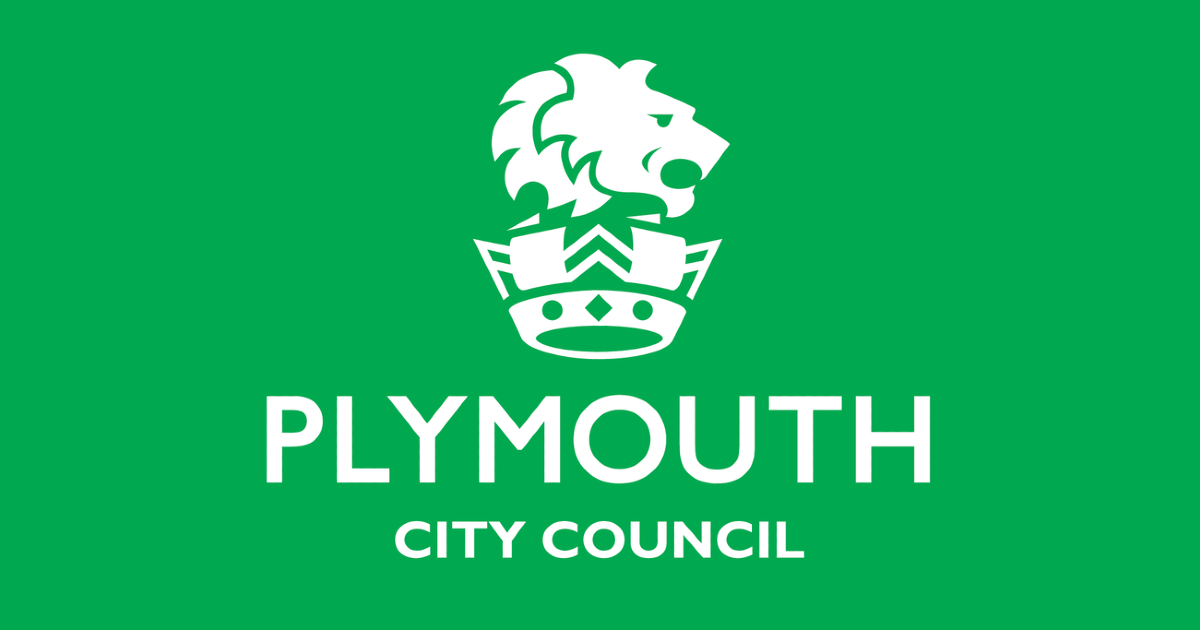WASHINGTON — Alaska’s U.S. senators split their votes Thursday on legislation requiring President Trump to get the approval of Congress before taking new military action in Venezuela.
Sen. Lisa…

WASHINGTON — Alaska’s U.S. senators split their votes Thursday on legislation requiring President Trump to get the approval of Congress before taking new military action in Venezuela.
Sen. Lisa…
Saint John (New Brunswick) — The Minister of Transport and Leader of the Government in the House of Commons, the Honourable Steven MacKinnon will highlight federal priorities aimed at strengthening Canada’s transportation system, reinforcing supply chains and supporting the country’s economic growth. Minister MacKinnon will be joined by the Honourable Wayne Long, Secretary of State for the Canada Revenue Agency and Financial Institutions and Member of Parliament for Saint John – Kennebecasis, New Brunswick
Date: Tuesday, January 13, 2026
Time: 11:30 a.m. Atlantic Standard Time
Location:
Marco Polo Cruise Terminal
Port Saint John
Saint John (New Brunswick)
Notes for media

Cameron Kalare from Carwow’s social media team has been running a Toyota Prius for six months. Here are three things he loves about this car, as well as three things he doesn’t.
It’s hard to believe that I’ve had my Toyota Prius for…

The closest planet to the Sun is Mercury. It’s a tiny world, even smaller than Saturn’s moon Titan and Jupiter’s moon Ganymede. That’s unusual for a planetary system. Most star systems have a large world between the size of Earth and…
Last month saw the publication of the 2025 State of the Geomagnetic Field Report. The report details the current state of Earth’s main magnetic field, and provides a performance analysis of the most recent version of the World Magnetic Model (WMM) released in late 2024, known as WMM2025. The report also assesses the performance of the newly developed World Magnetic Model High Resolution (WMMHR2025), a high-resolution version of the model that debuted alongside WMM2025. Comparisons between the predictions of the two models and recent data collected from the European Space Agency (ESA)’s Swarm satellites indicate that WMM2025 and WMMHR2025 have proven in their first year of operation to be accurate models.
Most of our planet’s magnetism originates from the shifting of electrically charged molten metals in its outer core, the behavior of which is unpredictable. An example of the secular changes that these metals can cause is the slow drifting of Earth’s magnetic north pole towards Siberia, a process that has been occurring continuously for the past few decades. As the WMM is predictive in nature, it becomes less accurate over time and must be updated with the newest projections derived from more recently collected data. Updates are scheduled to occur every five years.
The WMM is a joint project between NOAA’s National Centers for Environmental Information (NCEI) and the British Geological Survey (BGS). It is utilized by these agencies’ respective governments for their navigation, attitude, and heading software. In terms of military applications, the WMM proves indispensable for undersea and aircraft navigation as well as parachute deployment, antenna tracking, iceberg drift determination, and many other activities. In the private sector, the model can be found in virtually every smartphone. The Federal Aviation Administration also uses it to rename airport runways so that they accurately reflect their magnetic heading to allow for greater clarity during landing procedures.
This year’s report contains discussions of the two magnetic poles and their drift speeds. Over the past year, the northern magnetic pole has been traveling at a much faster rate than the southern pole with their average drift speeds measuring 36 km/year and 9 km/year, respectively. The actual locations and drift speeds of the magnetic poles proved to be very close to those predicted by WMM2025 and WMMHR2025, lending further credence to the overall accuracy of the models.
Also described in the State of the Magnetic Field Report is the deepening of the South Atlantic Anomaly (SAA), an area spanning the South Atlantic Ocean and South America where the Earth’s magnetism is weakest. This area is known to cause radiation damage to satellites and problems with radio propagation, issues that are exacerbated by the SAA’s growth in size by eight percent over the past year. NCEI continues to monitor the situation closely.
A well-known limitation of the WMM is the tendency for its accuracy to drop during magnetic storms, of which there were 18 that were strong to severe between November 1, 2023 to October 31, 2025. These space weather events can cause disparities between actual magnetic declination and the estimated declination provided by the WMM that are temporarily greater than the model uncertainty, especially at high latitudes. Such disparities can potentially affect navigation that relies on WMM2025 and WMMHR2025’s declination estimates. This year’s report includes descriptions of the two largest storms in order to alert users to this limitation to the models. Although Solar Cycle 25 has already passed its peak, space weather activity is expected to remain elevated for the next few years before gradually declining toward the anticipated solar minimum around 2030. Fortunately, the models take space weather into account in their error estimates.
Regardless of these minor concerns, all data gathered for the annual report indicates that WMM2025 and WMMHR2025 have operated well below the margin of error stipulated by the U.S. Department of Defense. The models can thus continue to be relied on by all technology that implements them.
With the City joining the BC Electric Kick Scooter Pilot Project, residents now have another convenient, low-emission way to get around.
To ride safely and legally, remember these key rules:
Unsafe riding behavior can be reported to the Burnaby RCMP non-emergency line at 604-646-9999.
Learn more about e-scooter safety rules and guidelines at Burnaby.ca/Escooters.
A University of Reading space expert has been honoured for his work to develop rapid space weather forecasts.
Professor Mathew Owens, of the University of Reading, received the Royal Astronomical Society’s Continue Reading

The Lent Term at Clifton College offers a wide variety of musical experiences. January starts with the Year 5 production of Madagascar – A Musical Adventure Jr, followed by the annual Band Night which is an evening of high-quality entertainment…

An additional £25.7 million needs to be allocated towards providing vital statutory social care and support services for Plymouth’s most vulnerable residents next year as cost and demand pressures continue to increase.
A report to Cabinet on the draft 2026/27 budget highlights that – like in many other local authorities – demand for adult social care, children’s social care, homelessness and SEND services in Plymouth continues to rise despite ongoing efforts to put proactive preventative measures in place to reduce the number of people needing more intensive and higher cost support.
The additional £25.7 million allocated in the draft budget is needed to meet demand pressures in areas such as children social care and placements (£9.4m), SEND home to school transport (£2m); adult social care (£11.1m); homelessness prevention £623,000; short breaks (£1.2m); and the Dedicated School Grant deficit funding (£1.6m).
The report says that while the Government’s latest Provisional funding settlement has given greater certainty over future funding, it has not provided enough additional funding to cover the scale of demand pressures the Council is facing.
This means that to set a balanced revenue budget that will enable the delivery of more than 300 services in 2026/27 the Council will need to deliver an additional £17.3 million of new savings above those previously agreed. These include proposed savings totalling £10.5m; invest to save projects that will save £4.3m; and further decisions that will reduce costs by another £2.5 million.
The Council will also need to change underlying arrangements for part of its debt and investment portfolio to save an additional £9.7m, with Council departments needing to continue working on finding further savings to minimise the use of reserves.
The draft budget for 2026/27 assumes an increase in Council Tax of up to 2.99 per cent and use of the 2 per cent adult social care precept, in line with the policy set out in the Government’s Autumn Statement and the Local Government Settlement. However, final Council Tax levels will be decided by the Full Council in February.
Councillor Mark Lowry, Cabinet member for Finance, said: “While our financial position is exceptionally challenging and we are having to make difficult decisions as we work to propose a balanced budget, we are confident that can protect hundreds of services that we know Plymouth residents need and value.
“We will be working continuously up until the budget setting meeting and beyond to drive out more efficiency in everything we do.
“We have already been very successful in ongoing efforts to reduce costs and increase efficiency but unfortunately – like other councils across the country – we continue to face unprecedented cost and demand pressures in critical statutory care services, which account for around two thirds of our total revenue budget. While there is a significant amount of work in train to reduce the number of people reaching the stage where they need to rely on intensive support services, there are no quick or easy solutions or instant savings.
“Even with these challenges, we remain committed to our ambitious vision for the city and ensuring that Plymouth residents benefit from work to secure and create jobs, provide affordable housing, increase community safety, support better transport, while protecting services for children, vulnerable adults and supporting those affected by homelessness. At all times we remain acutely aware of the ongoing financial pressures and economic challenges facing households across Plymouth and will continue striving to provide the best possible value for money that we can.”